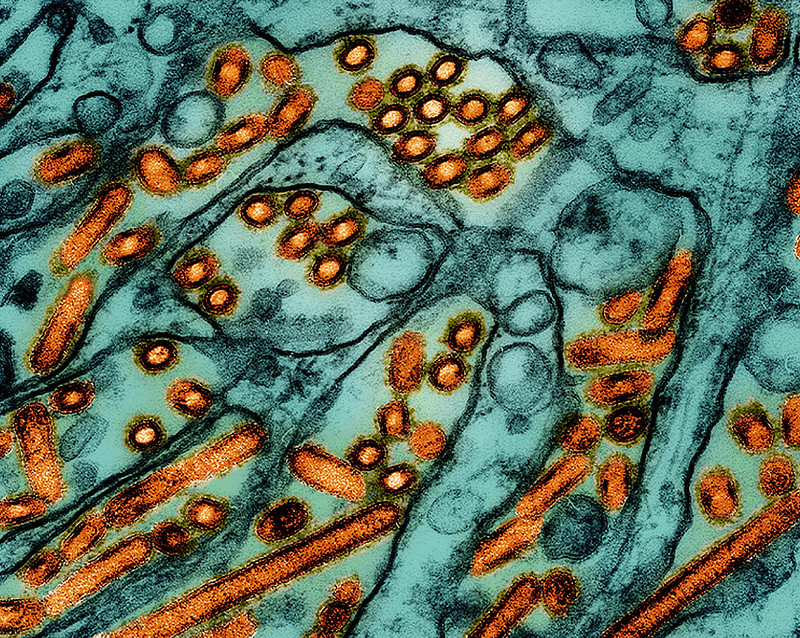
Louisiana and Washington have reported new chronic wasting disease (CWD) detections in white-tailed deer, the former in a captive animal found dead in Jefferson Davis Parish and the latter in a hunter-harvested deer in Spokane County.
The Louisiana detection, the first case of the fatal neurodegenerative disease in Jefferson Davis Parish in the southwest part of the state, was confirmed on November 7, the Louisiana Department of Agriculture & Forestry said in a press release late last week. The farm participates in the US Department of Agriculture's CWD Voluntary Herd Certification Program.
All deer farms in the surveillance zone are under restricted movement until further notice.
The farm has been quarantined and a 25-mile surveillance zone activated. "The Office of the State Veterinarian has established a surveillance zone for herds near the affected deer farm and is diligently reviewing recent movement records," the release said. "All deer farms in the surveillance zone are under restricted movement until further notice."
The Louisiana Department of Wildlife and Fisheries has been performing statewide CWD surveillance of wild deer since 2002. Nineteen confirmed cases have been reported in Tensas, Concordia, East Carroll, Madison, and Franklin parishes in the northeast and east-central parts of the state.
Washington's second case, near its first
Also late last week, the Washington Department of Fish and Wildlife (WDFW) announced the state's second case of CWD in a buck harvested during the opening weekend of the modern firearms hunting season in Spokane County.
The identification occurred about 5 miles north of the Fairwood area of the county, where the first CWD case was confirmed in August. Since then, the state has changed rules that affect hunters, game salvagers, and people who feed wildlife to slow the spread of the disease, the WDFW news release said.
CWD is a fatal neurodegenerative disease in cervids such as deer, elk, and moose caused by infectious misfolded proteins called prions. The disease can spread among cervids and through environmental contamination. While CWD isn't known to infect people, the World Health Organization and the US Centers for Disease Control and Prevention recommend against eating meat from infected animals.













